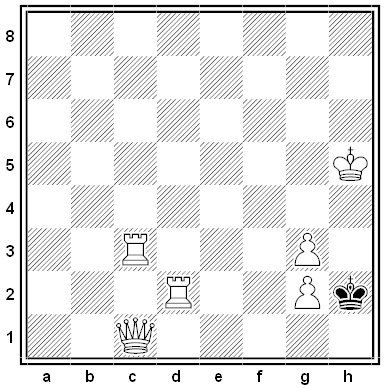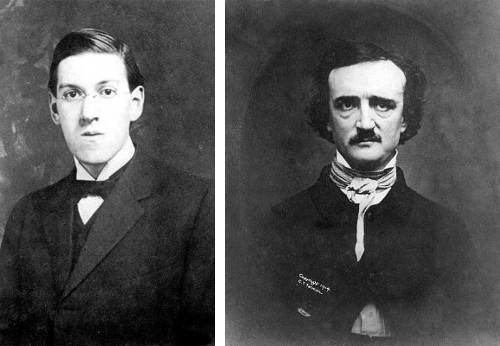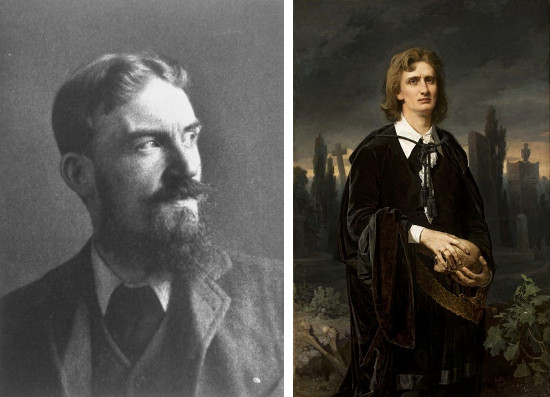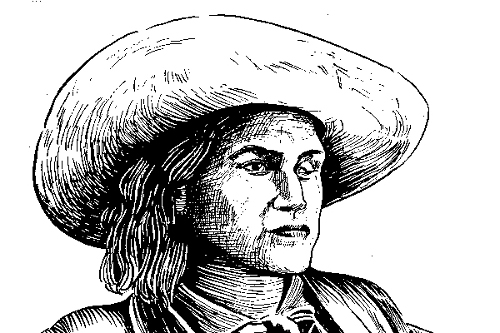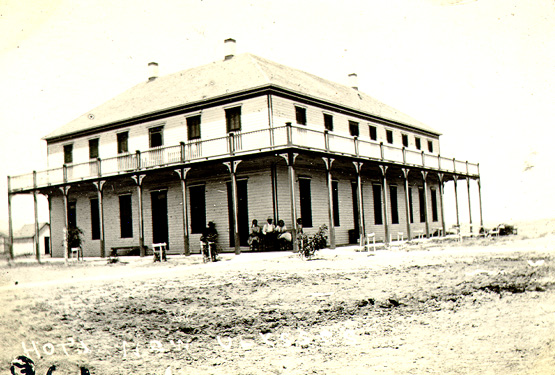
Ulysses, Kansas, moved. Founded in 1885, the town thrived at first, but after four years a drought arrived, and by 1906 the population had dwindled from 1500 to 100. Worse, during the boom years the town had sold thousands of dollars’ worth of bonds to finance improvements that were never made. When East Coast bondholders began to sue, the city fathers were forced to raise the taxes of the remaining residents in order to meet the judgments.
After a year of this, in February 1909, the people of Ulysses decided as a body to give up and start over. They cut their builings into sections, moved them two miles west on horse-drawn sledges, and established “New Ulysses.” The lots on the old site were deeded back to the bondholders, and the new town became the county seat in June.
The Hotel Edwards, above, is the only remaining business building from “Old Ulysses.” It rests today on the grounds of the Grant County Museum.

